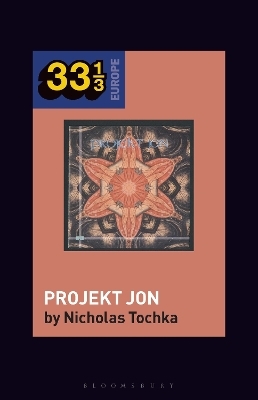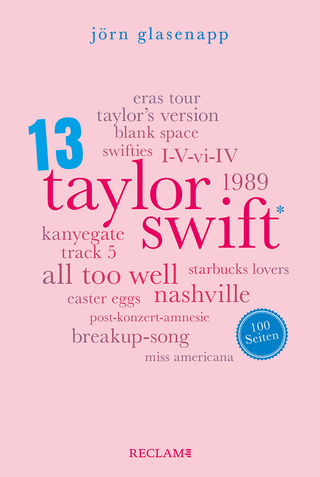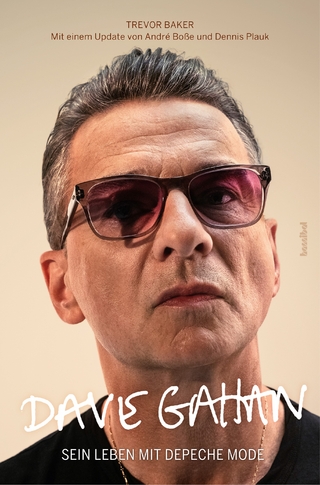
Ardit Gjebrea’s Projekt Jon
Seiten
2024
Bloomsbury Academic USA (Verlag)
978-1-5013-6306-1 (ISBN)
Bloomsbury Academic USA (Verlag)
978-1-5013-6306-1 (ISBN)
As market reforms and migration transformed Albania in the early 1990s, Ardit Gjebrea began mixing traditional folk music with world music and Italian pop. The resulting album, Projekt Jon (1997), provided a new model for song—Western and cosmopolitan, yet firmly rooted in the fertile soil of the nation—against a backdrop of deepening political uncertainty about the very future of Albania.
The Ionian Project announced itself with the frenetic beating of the daullë and the traditional cries of Albania’s highland shepherd. This sprawling collaboration between singer-songwriter Ardit Gjebrea, folk singer Hysni Zela, producer Paul Mazzolini, and a team of crack studio musicians in Italy, had an outsized ambition: to transcend the small postsocialist nation-state’s borders, imaginatively crafting through sound a new home in Europe for its citizens. But as Gjebrea prepared to launch Projekt Jon, violence prompted by the collapse of widespread pyramid schemes threatened to tear Albania apart. And for the intellectuals concerned about growing cracks in the symbolic foundations of the Albanian nation-state, the album came to serve as a referendum on the nature of postsocialist citizenship.
The Ionian Project announced itself with the frenetic beating of the daullë and the traditional cries of Albania’s highland shepherd. This sprawling collaboration between singer-songwriter Ardit Gjebrea, folk singer Hysni Zela, producer Paul Mazzolini, and a team of crack studio musicians in Italy, had an outsized ambition: to transcend the small postsocialist nation-state’s borders, imaginatively crafting through sound a new home in Europe for its citizens. But as Gjebrea prepared to launch Projekt Jon, violence prompted by the collapse of widespread pyramid schemes threatened to tear Albania apart. And for the intellectuals concerned about growing cracks in the symbolic foundations of the Albanian nation-state, the album came to serve as a referendum on the nature of postsocialist citizenship.
Nicholas Tochka is Associate Professor of Ethnomusicology at the University of Melbourne in Australia. He is the author of Audible States: Socialist Politics and Popular Music in Albania (2016) and Rocking in the Free World: Popular Music and the Politics of Freedom in Postwar America (2023).
List of Figures
Track Listing
Preface and Acknowledgments
Intro Projekt
1. Antennas
2. Borders
3. Markets
4. Troubles
Coda Jon
Notes
Sources
Index
| Erscheinungsdatum | 10.02.2024 |
|---|---|
| Reihe/Serie | 33 1/3 Europe |
| Zusatzinfo | 10 bw illus |
| Verlagsort | New York |
| Sprache | englisch |
| Maße | 127 x 197 mm |
| Themenwelt | Kunst / Musik / Theater ► Musik ► Pop / Rock |
| ISBN-10 | 1-5013-6306-9 / 1501363069 |
| ISBN-13 | 978-1-5013-6306-1 / 9781501363061 |
| Zustand | Neuware |
| Haben Sie eine Frage zum Produkt? |
Mehr entdecken
aus dem Bereich
aus dem Bereich


